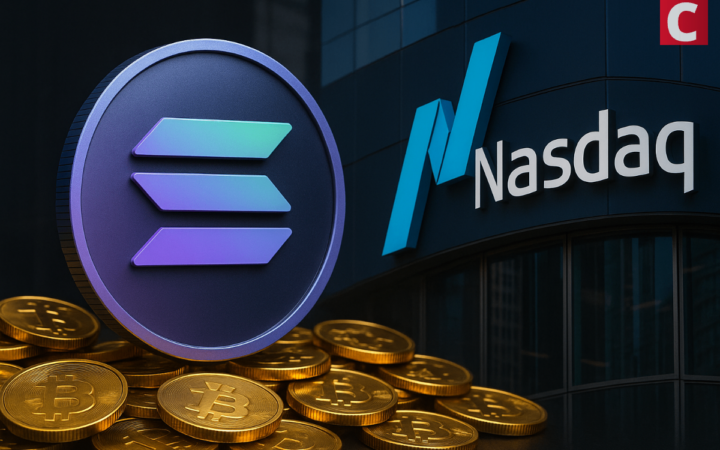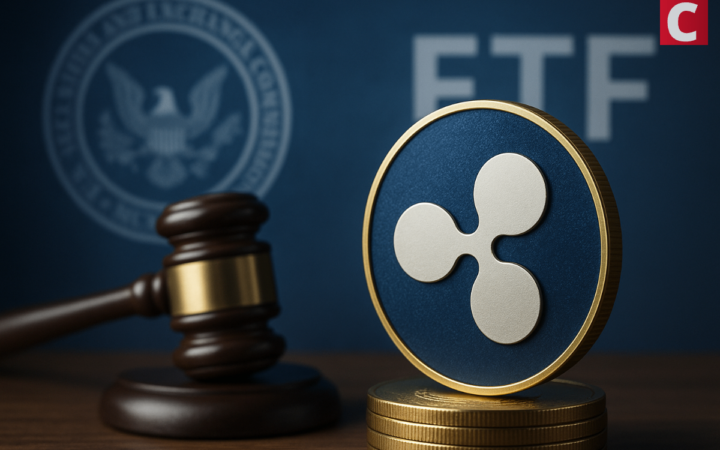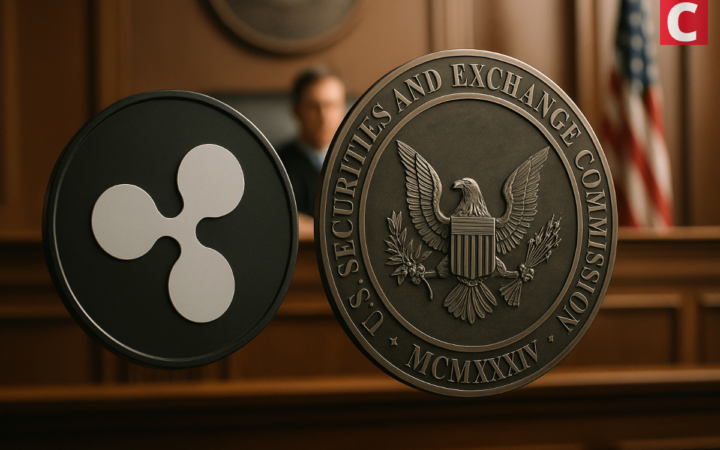
Darya is a crypto enthusiast who strongly believes in the future of blockchain. Being a hospitality professional, she is interested in finding the ways blockchain can change different industries and bring our life to a different level.
The guidance released by SEC includes examples of both networks and tokens that fall under securities laws and outlines projects which do not.

The U.S. Securities and Exchange Commission (SEC), that has long been criticized for a lack of clarity on crypto regulation, has finally released its guidance that makes it clear on which cases tokens are considered securities.
The framework was announced in November 2018 by SEC Director of Corporation Finance William Hinman. At that time, he stated that the agency was actively working on the document to guide token issuers and make it clear whether their coins fall under a securities classification.
In February this year, SEC commissioner Hester Peirce, known as ‘Crypto Mom’ for her crypto-friendly attitude, explained that delays in a regulatory toolset for token offerings were connected with the revision of the SEC standards for securities assessment when treating token sales.
Finally, the long-awaited document has been released. The guidance includes examples of both networks and tokens that fall under securities laws and outlines projects which do not.
Hester Pierce said:
“Now staff guidance is staff guidance. The Commission can go ahead and bring enforcement actions anyway but staff guidance does carry a bit of weight, but I would like to do something more formal at the Commission level, so people have a little bit more certainty.”
The guidance consists of 11 pages and begins with the analisys of the Howey Test, a U.S. Supreme Court device for deciding whether financial transactions constitute investment contracts. Then, the document describes the factors token issuers should consider based on the Howey Test. They include the investment of money, joint enterprise, and reasonable expectation of profits derived from the efforts of others.
Further, the SEC considers other factors relevant in an analysis of whether the third prong of the Howey test is satisfied. Among these factors are reliance on the efforts of others, the use cases of the tokens, the development of the network, the correlation between the token’s market and purchase price as well as several other elements.
Moreover, the SEC’s framework highlighted the factors token issuers should consider when evaluating previously sold coins. The re-evaluation criteria include:
It is notable that the document does not have legal power binding everyone to follow it and should be seen just as a guideline.
The SEC said:
“The framework is not intended to be an exhaustive overview of the law, but rather, an analytical tool to help market participants assess whether the federal securities laws apply to the offer, sale, or resale of a particular digital asset.”
The SEC concluded:
“These factors are not intended to be exhaustive in evaluating whether a digital asset is an investment contract or any other type of security, and no single factor is determinative; rather, we are providing them to assist those engaging in the offer, sale, or distribution of a digital asset, and their counsel, as they consider these issues. We encourage market participants to seek the advice of securities counsel and engage with the Staff through www.sec.gov/finhub.”
The guidline has definitely thrown light on securities classification for token issuers, however, there are still things that have not been clarified. For example, the document does not provide clarity on custody for broker-dealers who hold cryptocurrencies and can not be absolutely sure that no one else has access to their holdings.
Some have already criticized the framework. Blockchain.com President and Chief Legal Officer Marco Santori wrote on his Twitter:
12/ The transferability prohibition seems as deeply-engrained in this analysis as the functionality requirement is. Transferability, specifically interoperability, is a touchstone of these networks – and the ERC-20 standard in particular.
— Marco Santori (@msantoriESQ) April 3, 2019
Currently, it is too early to jump at conclusions and judge whether the initiative of SEC will have a positive impact on the crypto space and change the regulation for better.
*We’ve created a most comprehensive guide, which will help you figure out what STO is, how it works, and what’s hidden behind this industry’s disrupter.
You can also check the latest Security Token Offerings (STOs) in Coinspeaker’s STO Calendar.

Darya is a crypto enthusiast who strongly believes in the future of blockchain. Being a hospitality professional, she is interested in finding the ways blockchain can change different industries and bring our life to a different level.




